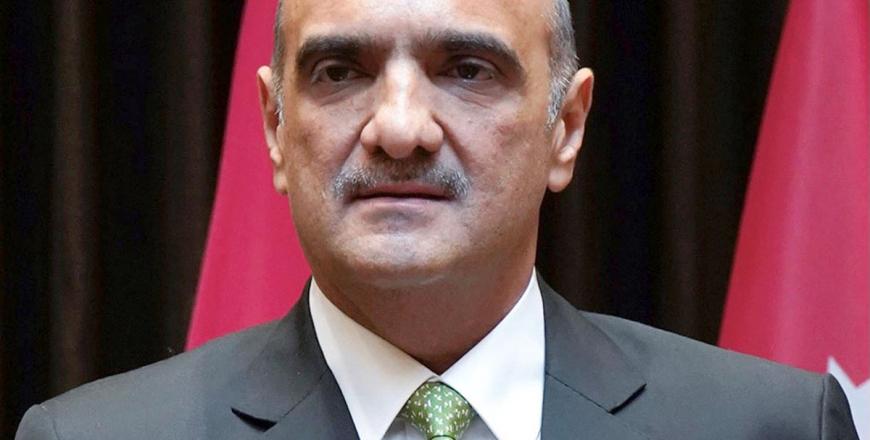You are here
Initiative staves off defaulters’ imprisonment through debt forgiveness
By Rayya Al Muheisen - Apr 02,2023 - Last updated at Apr 02,2023

Representative image (Photo courtesy of unsplash/Towfiqu Barbhuiya)
AMMAN — “Sameh Le Tojar” or the "Forgive to be Virtuous" initiative was launched on the first day of Ramadan, and thus far, has been able to offer relief to over 1,500 debtors with a credit amount of JD3.698 million.
Ahmad Al Surakhi, a father of four children and a debt delinquency activist, launched the initiative intending to have creditors write off any owed debts to prevent debtor's imprisonment when the Defence Law comes to an end.
The initiative’s ambitious goal is to have creditors write off debt worth JD10 million.
During the COVID-19 pandemic, the Jordanian government issued a defence law with orders related to the imprisonment of debt defaulters. Prime Minister Bisher Khasawneh amended the provisions of Defence Order No. 28 of 2021, issued under Defence Law No. 13 of 1992, extending the order until April 30, 2023.
Before the amendment of Article 1 of the defence order, debt defaulters would be jailed if they borrowed sums exceeding JD100,000. The amendment lowered the maximum threshold for imprisonment to JD20,000, the Jordan News Agency, Petra, reported.
Article 2 of the same defence order, related to the imprisonment of those who have issued bad cheques, has also been amended, jailing those who write fraudulent cheques or those with insufficient funds for an amount of up to JD20,000, down from the JD100,000 threshold in place prior to the amendment.
Due to financial hardship leading to an inability to pay-off civil debt cases, thousands of Jordanians might face imprisonment for defaulting on their debt as soon as the defence law comes to an end.
“Hundreds of thousands, if not millions, of Jordanians are in debt. Prisons will be over occupied, families will be devastated,” Surakhi added.
Ramadan is a sacred and holy month, during which Muslims believe that virtues and good deeds are doubly potent. Therefore, acts of forgiveness, kindness and generosity are frequently observed.
Surakhi was once in jail for a civil debt case, during which he was forced to leave his daughters, wife and sister. During this time Surakhi gained firsthand knowledge of “the feeling of heartbreak” that follows being unable to pay back debts.
“I’ve been there; I know how it feels to be locked up away from your family. You feel useless and powerless,” Surakhi told The Jordan Times.
Increasingly, as people in Jordan take out micro-loans, regular loans or lend money to tackle unemployment and poverty, they are becoming trapped in a system that was supposed to help them, Surakhi said.
“Financing service providers offer easy credit, but also high interest rates and penalties, and the threat of jail if the loans are not repaid,” Surakhi added.
Related Articles
AMMAN — Prime Minister and Minister of Defence Bisher Khasawneh on Tuesday amended the provisions of Defence Order No.
AMMAN — On Monday, Defence Order 28, which pertains to the suspension of the imprisonment of debt defaulters, expired.
AMMAN — Debt defaulters are calling for the reactivation of the Defence Order 28 of 2021, which suspends the imprisonment of civil debt defa



















